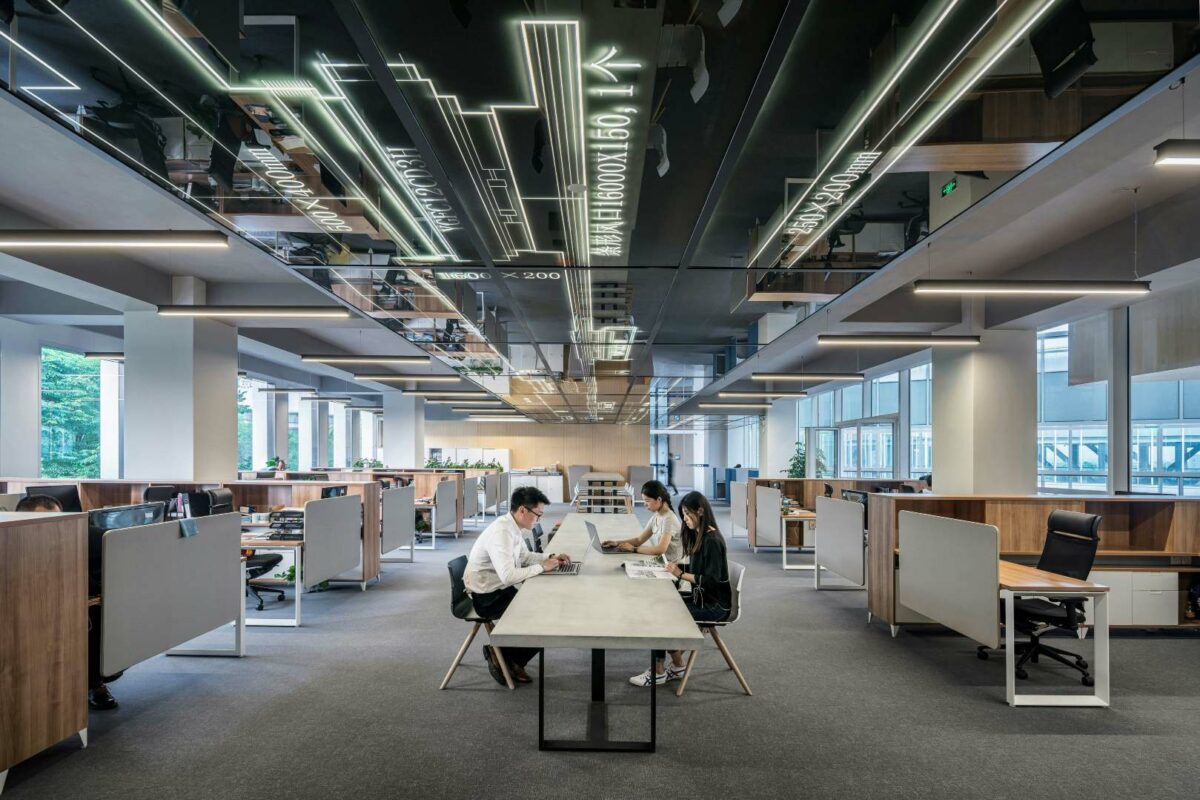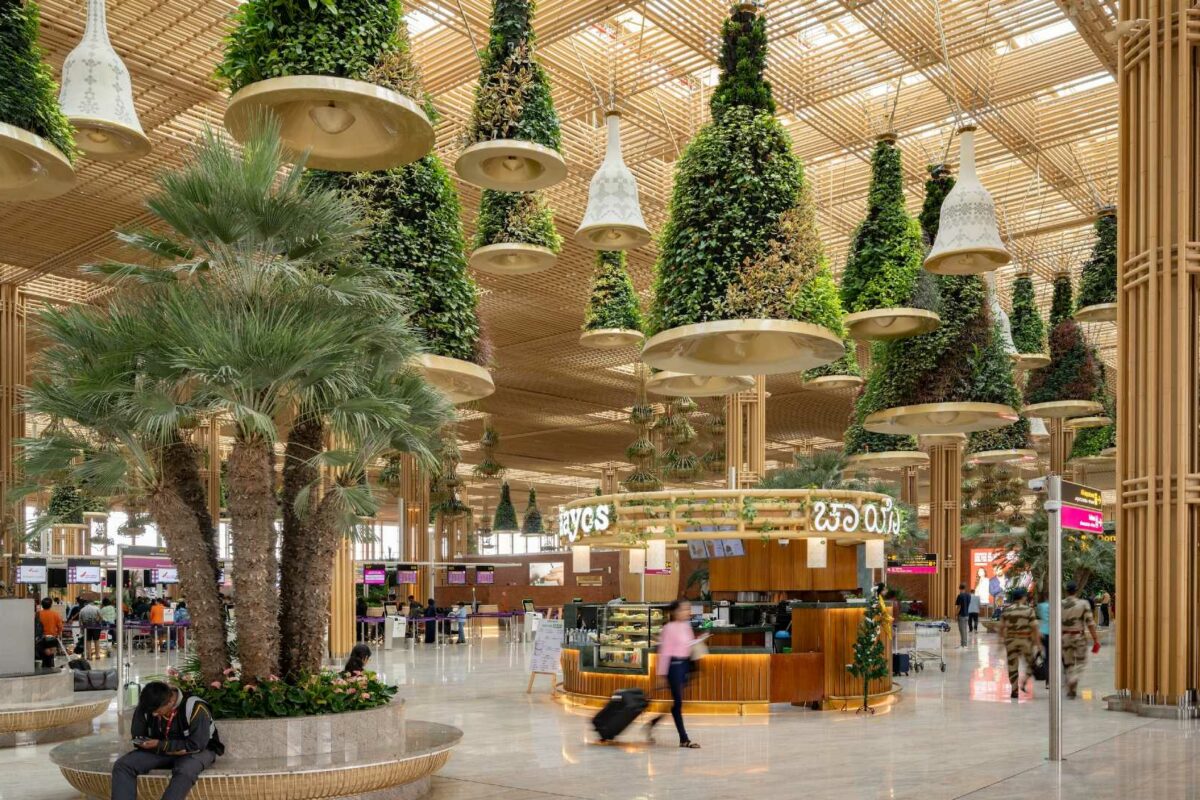The French existentialist writer and philosopher Jean-Paul Sartre once quipped, “Hell is other people”.
While Sartre was talking about a very different time and culture, this is probably a thought most of us have had at some point or other in our modern workplaces. But what does research tell us about the real causes of workplace frustration?
In 2017, the Olivet Nazarene University surveyed 2,000 employees on common annoyances in the workplace and found that – perhaps unsurprisingly – the most common source of complaints stemmed from interpersonal relationships.
Loudness and constant moaning were the most annoying factors for 49% of the employees surveyed, demonstrating that noise ranks high as an issue in the workplace. And according to research from the Avanta Serviced Office Group, even necessary noises, such as loud phone voices, caused frustration to 33% of employees, while coughing or sneezing irritated 38%.
It’s not just our colleagues that we find annoying, however. Thermal comfort ranks high as a source of frustration for many. It’s hardly surprising, because we all naturally feel more comfortable in slightly different temperatures, due to individual differences in age, gender, diet and psychological characteristics. As a result, getting the temperature right for everybody in an open plan office can be close to impossible.
Rethinking privacy and flexibility
To address these issues, it’s key that we create spaces that make our work easier, something that I will be addressing in my upcoming columns for Work in Mind. For a start, we need to rethink privacy and flexibility.
The open-plan office space has its benefits, but with these constant sources for distraction it’s clear that employees need and want private workspace options too. And empowering workers – by giving them the choice between interacting widely with their colleagues, meeting in a quiet booth for one-on-one chats, or isolating themselves in a private room for intense work – is a necessity for achieving the balance between productivity and relaxed collaboration.
But we also need to create open and collaborative workspaces that respond to differing needs in terms of comfort. This means designing places that are both well insulated and ventilated, not only for better temperature control but for well-regulated air quality too.
Economic consequences
This may all seem quite banal, but for businesses the impact on the bottom line is actually very significant.
Several pieces of research have found that temperatures above 25 degrees Celsius can severely impact our efficiency, while noisy colleagues are claimed to result in 17 minutes of lost time per worker per day. At a conservative estimate, that’s a whopping 60 hours a year.
One study claims that, on average, employees get distracted every 11 minutes when working on a project, while research by the University of California suggests it can take up to 23 minutes for the mind to fully return to the task at hand. For many of us, that could mean we never get the opportunity to reach our most productive state.
And impact on wellbeing
While this loss in productivity is undoubtedly a concern for employers, irritations such as these can also be a cause of poor wellbeing at work. As employees, we need to be comfortable in our workspaces to truly focus and enjoy our work.
Repeated annoyances can negatively impact both our mental and physical state, causing our bodies to release stress hormones, such as cortisol. Anger can also make our blood pressure increase and even make our memory worse.
Communication with our co-workers is essential for our relationships and mental wellbeing within the office. But it’s also important that we enjoy our work itself, and this cannot be achieved if we’re not given the environment to operate efficiently and succeed in our roles.
As architects and designers, it’s crucial that we pay attention to these small details to create places where colleagues can work together in harmony. Fundamentally, this all comes back to human-focused design, designing spaces from the inside out and starting with the people who will use them.
Ben Channon is Head of Wellbeing at Assael Architecture and Work in Mind’s Wellbeing columnist. For more of Ben’s wellbeing at work content, click here.
Content Team
Work in Mind is a content platform designed to give a voice to thinkers, businesses, journalists and regulatory bodies in the field of healthy buildings.




